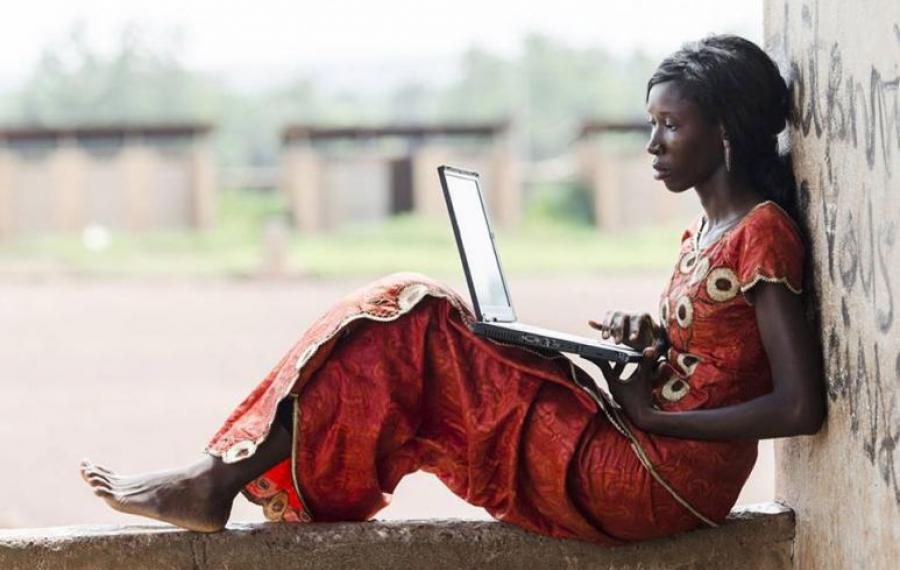Technology & Industrialisation in Developing Countries Programme
The Technology and Industrialisation in Developing Countries Programme encompasses the following research projects:
The Diffusion of Innovation in Low Income Countries (DILIC)
The Diffusion of Technology in Low Income Countries (DILIC) project has been awarded funding from the ESRC and DFID and is supported by UNCTAD and the Ghanaian government. The DILIC project examines the determinants and impact of technology transfer in and to the low income countries. Our project partners are UNU-MERIT and the Science and Technology Policy Research Institute (STEPRI), Council for Scientific and Industrial Research, Ghana.
Read the Survey Report here
MNEmerge: MNEs and Global Development
The MNEmerge: MNEs and Global Development is a collaborative research project funded by the EU 7th Framework programme. Its aim is to provide a comprehensive framework for understanding the impact of multinational enterprises (MNEs) on United Nations Millennium Development Goals (MDGs) in developing countries using case studies, quantitative data as well as policy analysis.
Mobile Technologies and Health in India and China
The Mobile Technologies and Health in India and China project, funded by Fell Fund and hosted by the Technology and Management Centre for Development (TMCD), brings together research and expertise from four departments and three divisions across the University. This project investigates the ways in which mobile phone utilisation can affect access to healthcare services among rural populations in Rajasthan (India) and Gansu (China). To carry out this research, a combination of quantitative and qualitative techniques, social network analysis, and participatory agent-based modelling will be employed.
Mobile Payment Innovations Improve Water Service Delivery in Tanzania
The Role of Management Practices in Closing the Productivity Gap
The Role of Management Practices in Closing the Productivity Gap project identifies key aspects of management activity for productivity, assesses the role of management practices in the productivity gap and generates ideas for best practice in productivity improvements to be applied to developing countries. An interdisciplinary approach is adopted, with a mix of case study and survey methods. See working papers under this theme here.
Rural E-Services in India
The Rural E-Services in India project is developing new, sustainable ways to deliver e-services and develop innovation capacity in poverty-stricken communities. By developing a system whereby farmers in rural India could resolve problems with crops using mobile camera phones, the project made it possible for them to discuss their challenges and get rapid responses using modern communication technology. This is a multi-disciplinary project collaborating with computer engineers and NGOs in India.



